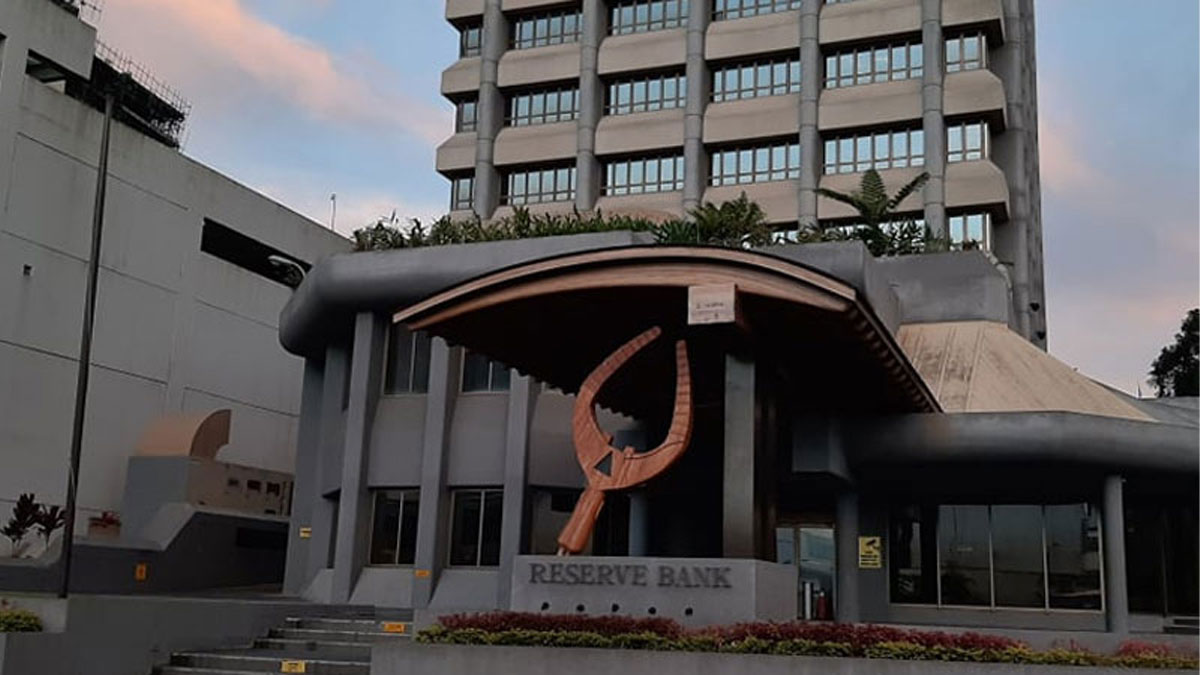
The demand for labour continues to rise, reflective of the rebounding economic activity coupled with higher labour emigration according to the Reserve Bank of Fiji.
The Reserve Bank of Fiji says the loss of skilled labour due to high emigration, capacity constraints in the tourism industry, high cost of doing business and persistent threat from natural disasters and climate change pose challenges that can disrupt growth projections.
The RBF says the number of job vacancies increased by 32.3 percent in the year to September led by higher recruitment intentions in tourism related sectors.
Similarly, the number of formal employment and wages paid also increased annually up to August.
Meanwhile, partial indicators for investment activity have shown gradual signs of recovery.
Commercial banks’ new lending for investment purposes rose by 33.7 percent annually cumulative to October driven by higher lending to the real estate, building and construction and to households for home investments.
Likewise, the value of work put-in-place (16.3 percent) picked up in the first-half of this year compared to the same period last year.
In contrast, leading indicators for construction activity such as the number of building permits issued dropped by 12.4 percent cumulative to the second-quarter and cement sales dropped by 2.6 percent cumulative to September.
Liquidity in the banking system is adequate at around $2.2 billion, keeping interest rates at historical lows.
Fiji’s merchandise trade deficit widened by 5 percent to around $3.3 billion cumulative to September as growth in imports continued to outweigh the expansion in exports.
Imports (excluding aircraft) grew by 5.2 percent to approximately $5 billion underpinned by an increase in machinery and transport and miscellaneous manufactured goods imports while the improvements in exports (grew by 5.6 percent to $1.7 billion) stems from higher re-exports of mineral fuels and lubricant commodities.
Foreign reserves remain at adequate levels and are currently around $3.4 billion, sufficient to cover 5.7 months of retained imports of goods and services.
Stay tuned for the latest news on our radio stations

